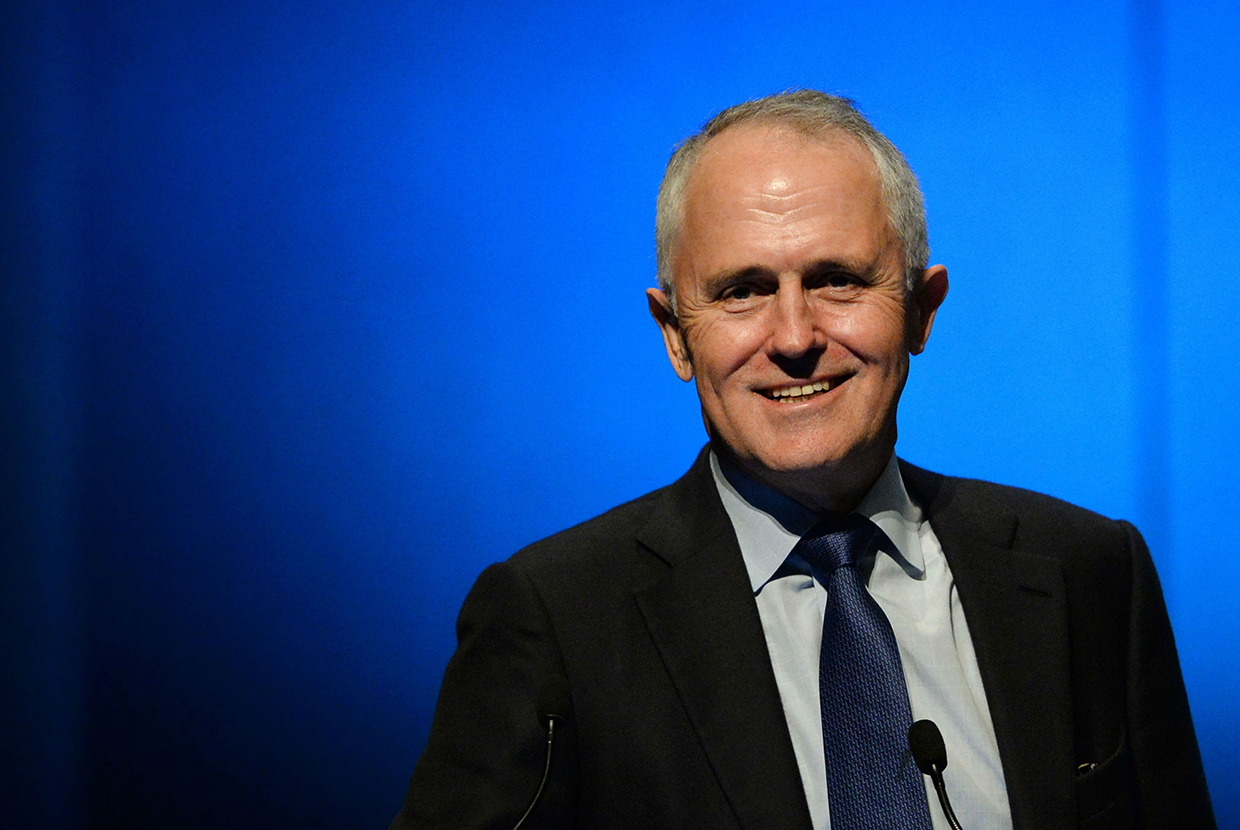Malcolm Turnbull, who ousted Tony Abbott to become the new prime minister of Australia this month, is facing heat from opposition politicians over Australia’s free trade agreements.
The change Down Under, combined with the upcoming election in Canada, which may force incumbent Prime Minister Stephen Harper to push for a harder deal on dairy imports, are viewed as the major impediments to sealing the Trans-Pacific Partnership (TPP) this year.
The end of 2015 has long been the unwritten deadline of the Obama administration, which is loath to continue negotiations into an electoral primary season that promises to be gruelling.
With the Australian government also hoping to ratify the China Australia Free Trade Agreement (ChAFTA) and progress a proposed FTA with India, it is certain that the Liberal Party will continue to push its aggressive free trade agenda.
This was made clear in the decision to allow Andrew Robb to keep his position as trade minister. Robb has been Australia’s key negotiator since September 2013.
Turnbull this week said of ChAFTA: “The fact is that the free trade agreement, as with so many opportunities that have been created in the region, are the underpinning fundamentals for our prosperity. But we have to have courage, we have to have optimism.”
“Unfortunately, there are no indications that the new Prime Minister will be prepared to examine the shortcomings of ChAFTA or the TPP,” Melissa Parke, ALP
Professor Matthew Rimmer of Queensland University of Technology in Brisbane tells GTR: “The new Prime Minister Malcolm Turnbull is a supporter of trade agreements. He has made the best defence of ChAFTA for the government thus far. Turnbull will be seen as a supporter of TPP.”
A number of challenges have, however, arisen from politicians and economists as to the benefits of the agreements to an Australian economy that is struggling with a commodities downturn and serious structural issues.
Economist Peter Martin recently debunked Robb’s claim that the Australian government lied about the number of jobs that would be created by ChAFTA. Rob previously said: “The modelling shows that between 2016 and 2035 there will be 178,000 additional jobs as a result of the free trade agreements; an average of almost 9,000 extra jobs per year.”
However a report by government agency the Centre for International Economics found that ChAFTA, combined with FTAs with Korea and Japan would add just 5,434 jobs to the Australian economy.
Dr Rimmer says that Turnbull “is very much driven by empirical research. So my hope is that Turnbull will improve the treaty-making process, and provide some greater analysis”, while there has been a growing clamour among the opposition Labor Party for greater scrutiny to be paid to the deals before they are signed and sealed.
Melissa Parke, the federal member for Freemantle, Western Australia, tells GTR that she is not hopeful of a re-evaluation, but called on the government to do more.
“Unfortunately, there are no indications that the new Prime Minister will be prepared to examine the shortcomings of ChAFTA or the TPP. Labor has clearly identified some dangerous provisions in both of these agreements, and the Australian public is becoming more conscious of the serious risks involved in agreements that undermine national workplace regulation and hamstring the ability of governments to shape a nation’s economic, environmental and social future.”







